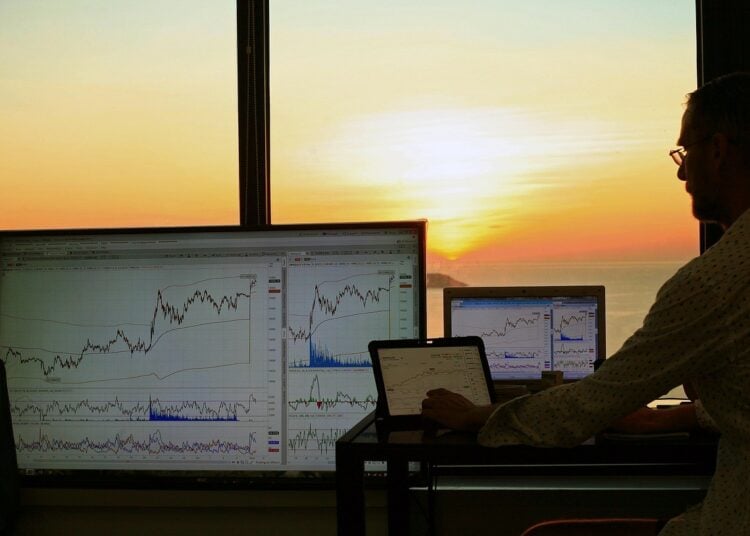Nigeria’s capital-market boom has pushed more retail traders to scrutinise how their brokers are regulated and what each trade costs. While local firms still dominate activity on the Nigerian Exchange (NGX), global multi-asset brokers now court the same clients with dollar, euro and naira accounts plus direct market access to offshore equities and commodities. Understanding who holds the strongest licences and who charges the lowest all-in fees is therefore central to protecting capital and preserving returns.
Seasoned investors who constantly compare the best stock brokers in Nigeria have noticed one clear trend: the brokers with the longest regulatory pedigree often deliver the tightest net costs once statutory NGX and Securities and Exchange Commission (SEC) charges are added. That makes regulation and pricing two sides of the same coin rather than separate concerns.
Why Regulation Matters
The SEC registers every broker that handles Nigerian client money, yet oversight does not stop there. Trading license holders must also belong to the NGX and clear trades through the Central Securities Clearing System. Firms that target global markets add a second layer by taking licenses in jurisdictions such as the United Kingdom or Cyprus, which impose higher capital buffers, mandatory client compensation funds and strict disclosure of execution statistics. For the ordinary Lagos-based trader, these extra approvals translate into segregated trust accounts, routine external audits and tougher limits on how client funds can be used.
1) HFM: Comprehensive Compliance at the Lowest Cost
HFM sits at the top of the domestic leaderboard because it combines multi-jurisdictional regulation with a fee schedule that rivals many local brokers. Nigerian clients trade forex, global shares, metals, energy contracts, bond CFDs, indices, ETFs and crypto pairs through one wallet that funds MT4, MT5 or the proprietary HFM App. Wallets are available in NGN, USD or EUR, so users can deposit local currency via bank cards or e-wallets from as little as five dollars and see the funds credited in ten minutes. Behind the scenes, client money is kept in segregated trust accounts and protected by an insurance policy that supplements the capital held under Financial Conduct Authority, Cyprus Securities and Exchange Commission and Dubai Financial Services Authority rules.
HFM’s Zero-Spread account advertises spreads that start at 0.0 pip and a maximum forex leverage ceiling of 1:2000. CFD positions on NGX-linked share baskets and US blue chips are capped at 1:500, a level that balances risk and opportunity for retail portfolios. Crucially, HFM charges no deposit or withdrawal fees on the mainstream payment channels Nigerians use every day, and contract-note breakdowns show the broker’s own commission already embedded inside the raw spread. For traders who execute large tickets, that structure keeps the total cost close to statutory minimums without hidden platform or custodial charges.
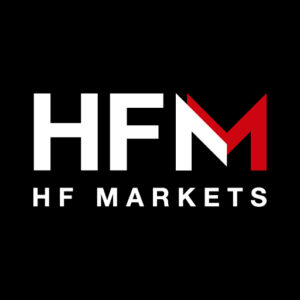
2) Stanbic IBTC Stockbrokers
Stanbic IBTC is one of the oldest names on the Nigerian Exchange, having maintained SEC registration since 1987. Orders routed through its electronic mandate system attract the statutory commission of 1.1325 per cent on buys and 1.4775 per cent on sells, and investors pay an additional four-naira Central Securities Clearing System alert fee per trade. The broker’s long operating history and strong parent-bank backing appeal to clients who prioritise stability, though the cost structure sits near the upper end of the NGX scale.
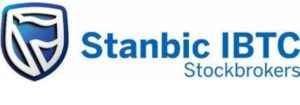
3) Meristem Stockbrokers
Operating under the MeriTrade online brand, Meristem combines a full SEC license with in-house research and a user-friendly portal. Commissions follow the exchange ceiling of roughly 1.35 per cent per leg, and active accounts exceeding ten thousand naira receive bundled market-making support and analyst commentary. For investors who want a single platform that merges trading and research without premium add-on fees, Meristem delivers a balanced, if not cheapest, solution.
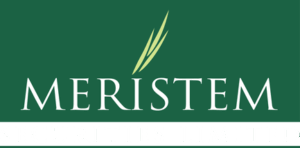
4) CardinalStone Securities
CardinalStone holds broker-dealer approval from the SEC and consistently ranks among the top ten volume drivers on the NGX. Its commission follows a sliding scale between 0.75 and 1.35 per cent, with institutional-style research reports available once quarterly turnover passes one million naira. The firm’s appeal lies in combining competitive pricing for larger tickets with access to deeper market intelligence that retail-only outfits may not provide.
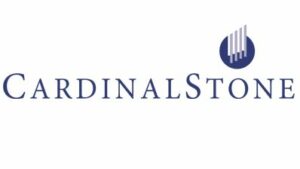
5) MorganCapital iTrade
MorganCapital iTrade positions itself as a fee disruptor within the SEC and NGX rulebook. It charges a flat 0.25 per cent brokerage on every transaction and levies a fixed annual platform access fee of 2,500 naira, a structure that undercuts many rivals on smaller and mid-size orders. While the stripped-down pricing is attractive to cost-sensitive traders, users must weigh the lean interface and limited ancillary services against the savings to decide if the broker suits their broader investment needs.
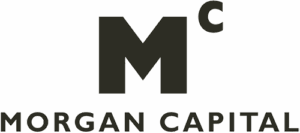
Comparative Cost Snapshot
Assume a trader buys one million naira of NGX equities and sells the same position a month later. HFM absorbs its dealing cost inside a zero-spread commission equivalent of roughly 0.30 per cent per leg, so the total explicit charge is around 6000 naira, excluding statutory fees. Stanbic’s publicly quoted rate would cost about 11,325 naira on the buy and 14,775 naira on the sell, bringing the round-trip to over 26,000 naira before taxes. Meristem lands near 27,000 naira, CardinalStone near 25,000 naira and MorganCapital about 5000 naira plus the 2500 naira annual fee. The example shows that HFM’s institutional liquidity relationships let it operate near MorganCapital’s ultra-low headline commission while still funding extensive compliance infrastructure and education programmes.
Choosing the Right Broker
Nigerian investors who want a single account for both local equities and offshore diversification must balance regulation, cost and support. HFM scores high because its multi-licence shield reduces jurisdiction risk, its fee model is lean, and its workshops eliminate knowledge gaps that cause most regulatory breaches. Traditional stockbrokers like Stanbic IBTC and Meristem remain reliable for investors who only trade NGX blue chips, while CardinalStone attracts larger portfolios seeking in-house research and corporate access. Fee hunters willing to handle a stripped-down interface may gravitate to MorganCapital iTrade. In practice, many serious traders keep a primary HFM account for global exposure and use a local broker as a back-up for pure NGX mandates.
Final Word
Regulation compliance is not a box-ticking exercise; it sets the tone for how a broker treats client money, manages market-making conflicts and resolves disputes. Fees, meanwhile, drain or preserve returns in a market where single-digit annual dividends are common. By delivering tier-one regulation coverage and razor-thin pricing in one platform, HFM meets Nigeria’s twin demands for safety and efficiency better than any other provider reviewed here. Investors who open a live wallet, verify the fee table inside the myHF portal and compare their next contract note with a legacy broker’s charges are likely to confirm that conclusion for themselves.


